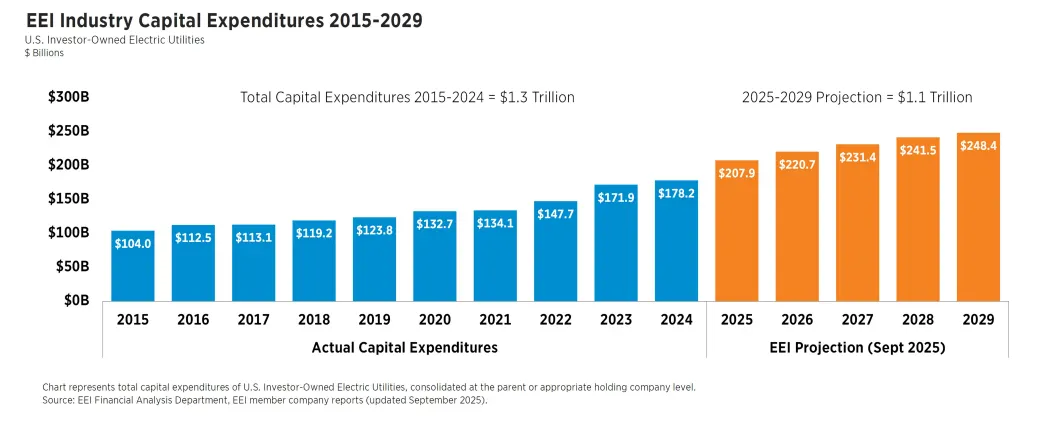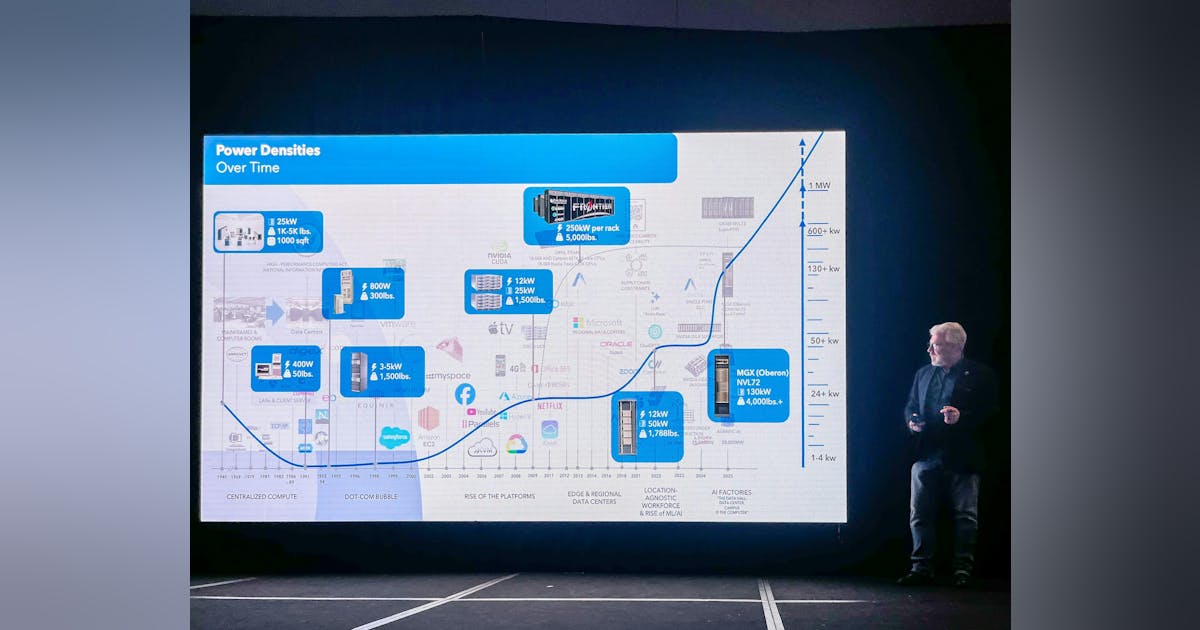Join our daily and weekly newsletters for the latest updates and exclusive content on industry-leading AI coverage. Learn More
Augment Code, an AI coding assistant startup, unveiled its new “Augment Agent” technology today, designed to tackle the complexity of large software engineering projects rather than simple code generation. The company claims its approach represents a significant departure from other AI coding tools by focusing on helping developers navigate and modify large, established codebases that span millions of lines of code across multiple repositories.
The company also announced it has achieved the highest score to date on SWE-bench verified, an industry benchmark for AI coding capabilities, by combining Anthropic’s Claude Sonnet 3.7 with OpenAI’s O1 reasoning model.
“Most work in the coding AI space, which is clearly a hot sector, has focused on what people call ‘zero to one’ or ‘vibe coding’ – starting with nothing and producing a piece of software by the end of the session,” said Scott Dietzen, CEO of Augment Code, in an exclusive interview with VentureBeat. “What we targeted instead is the software engineering discipline of maintaining big, complex systems — databases, networking stacks, storage — codebases that have evolved over many years with hundreds of developers working on them collaboratively.”
Founded in 2022, Augment Code has raised $270 million in total funding, including a $227 million Series B round announced in April 2024 at a post-money valuation of $977 million. The company’s investors include Sutter Hill Ventures, Index Ventures, Innovation Endeavors (led by former Google CEO Eric Schmidt), Lightspeed Venture Partners, and Meritech Capital.
How Augment’s context engine tackles multi-million line codebases
What sets Augment Agent apart, according to the company, is its ability to understand context across massive codebases. The agent boasts a 200,000 token context window, significantly larger than most competitors.
“The challenge for any AI system, including Augment, is that when you’re working with large systems containing tens of millions of lines of code – which is typical for meaningful software applications – you simply can’t pass all that as context to today’s large language models,” explained Dietzen. “We’ve trained our AI models to perform sophisticated real-time sampling, identifying precisely the right subset of the codebase that allows the agent to do its job effectively.”
This approach contrasts with competitors that either don’t handle large codebases or require developers to manually assemble the relevant context themselves.
Another differentiator is Augment’s real-time synchronization of code changes across teams. “Most of our competitors work with stale versions of the codebase,” said Dietzen. “If you and I are collaborating in the same code branch and I make a change, you’d naturally want your AI to be aware of that change, just as you would be. That’s why we’ve implemented real-time synchronization of everyone’s view of the code.”
The company reports its approach has led to a 70% win rate against GitHub Copilot when competing for enterprise business.
Why ‘memories’ feature helps AI match your personal coding style
Augment Agent includes a “Memories” feature that learns from developer interactions to better align with individual coding styles and preferences over time.
“Part of what we wanted to be able to deliver with our agents is autonomy in the sense that you can give them tasks, but you can also intervene,” Dietzen said. “Memories are a tool for the model to generalize your intent, to capture that when I’m in this situation, I want you to take this path rather than the path that you took.”
Contrary to the notion that coding is purely mathematical logic without stylistic elements, Dietzen emphasized that many developers care deeply about the aesthetic and structural aspects of their code.
“There is definitely a mathematical aspect to code, but there’s also an art to coding as well,” he noted. “Many of our developers want to stay in the code. Some use our agents to write all of the code, but there’s a whole group of engineers that care about what the ultimate code looks like and have strong opinions about that.”
Enterprise adoption of AI coding tools has been slowed by concerns about intellectual property protection and security. Augment has focused on addressing these issues with a robust security architecture and enterprise-grade integrations.
“Agents need to be trusted. If you’re going to give them this autonomy, you want to make sure that they’re not going to do any harm,” said Dietzen. “We were the first to offer the various levels of SOC compliance and all of the associated penetration testing to harden our solution.”
The company has also established integration with developer tools like GitHub, Linear, Jira, Notion, Google Search, and Slack. Unlike some competitors that implement these integrations on the client side, Augment handles these connections in the cloud, making them “easily shareable and consistent across a larger team,” according to Dietzen.
Augment Agent is generally available for VS Code users starting today, with early preview access for JetBrains users. The company maintains full compatibility with Microsoft’s ecosystem, unlike competitor Cursor, which forked VS Code.
“At some level, customers that choose Cursor are opting out of the Microsoft ecosystem. They’re not allowed to use all of the standard VS Code plug-ins that Microsoft provides for access to their environment, whereas we’ve preserved 100% compatibility with VS Code and the Microsoft ecosystem,” Dietzen explained.
The evolving partnership between human engineers and AI assistants
Despite the advances in AI coding assistance, Dietzen believes human software engineers will remain essential for the foreseeable future.
“The arguments around whether software engineering is a good discipline for people going forward are very much off the mark today,” he said. “The discipline of software engineering is very, very different in terms of crafting and evolving these large code bases, and human insight is going to be needed for years to come.”
However, he envisions a future where AI can take on more proactive roles in software development: “The real excitement around where we can ultimately get to with AI is AI just going in and assessing quality of a code base and suggesting how that code base could evolve to make it more secure, more capable, easier to use, more robust.”
Augment Code currently counts Webflow, Pigment, Lemonade, ddn, Datastax, and GoFundMe among its customers. Pricing starts at $30 per user per month for professional use and $60 per active user per month for enterprise use, with a free tier also available.
The launch of Augment Agent comes at a time when enterprises are increasingly looking to leverage AI to improve developer productivity while maintaining software quality. As organizations wrestle with maintaining and evolving complex software systems, tools that understand the nuances of large codebases may find a receptive audience among technical leaders seeking to maximize the impact of their engineering teams.
“I’m hopeful that we can actually ramp investment in human software engineering along with machines,” Dietzen concluded, “because we’re going to be able to make much better software, a lot more of it, but much higher quality. And I think we can unleash a tremendous amount of value for humankind by removing all these barriers to great software.”
Daily insights on business use cases with VB Daily
If you want to impress your boss, VB Daily has you covered. We give you the inside scoop on what companies are doing with generative AI, from regulatory shifts to practical deployments, so you can share insights for maximum ROI.
Read our Privacy Policy
Thanks for subscribing. Check out more VB newsletters here.
An error occured.























